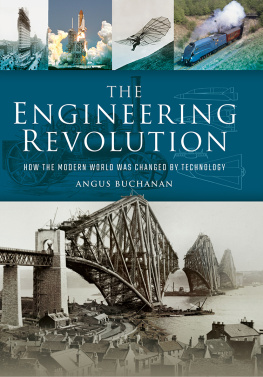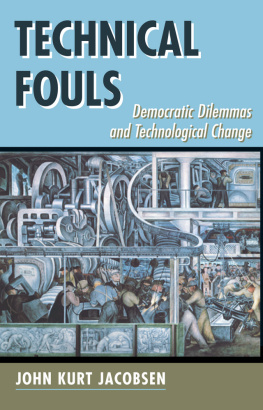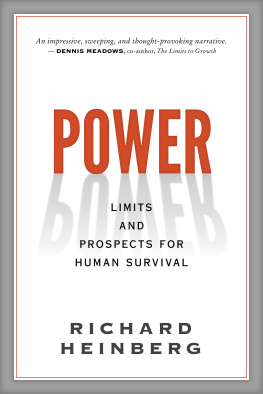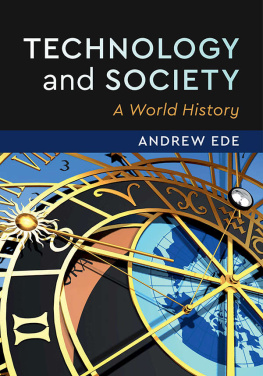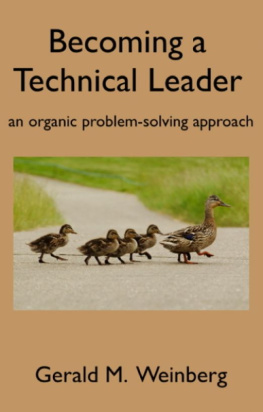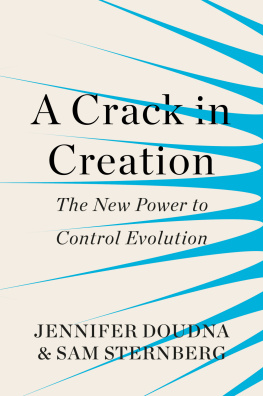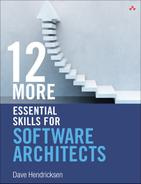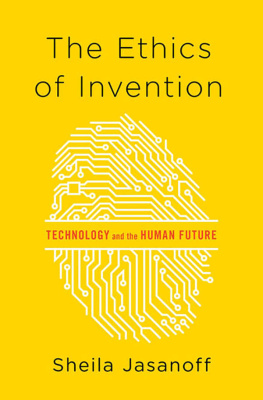About the Authors
David Ashford
David Ashford is Managing Director of Bristol Spaceplanes Limited, an innovative small company developing the Ascender spaceplane. He graduated from Imperial College in aeronautical engineering and spent one year at Princeton doing post-graduate research on rocket motors. His first job, starting in 1961, was with the Hawker Siddeley Aviation spaceplane design team, working on spaceplanes among other projects. He has since worked as an aerodynamicist, project engineer and project manager on various aerospace projects, including the DC-8, DC-10, Concorde, the Skylark sounding rocket, and various naval missile and electronic warfare systems at Douglas Aircraft and at what is now BAE Systems. He co-authored with Prof. Patrick Collins the first serious book on space tourism, Your Spaceflight Manual: How You Could be a Tourist in Space Within Twenty Years (Headline, 1990), and wrote a follow-up book, Spaceflight Revolution (Imperial College Press, 2002). His latest book is Space Exploration: All That Matters (Hodder, (2013). He has had published about twenty papers on space transportation in the professional press.
Mike Bone
Mike Bone studied history, education and management at the Universities of Wales, Reading and Bath. Most of his career was spent in post-compulsory education, finishing up at a government agency where he specialised in corporate governance, strategic management, quality and standards, taught on an MBA programme and assessed NVQs in management.
He has been active in the study and conservation of industrial heritage since the early 1970s, is a past chair of the Association for Industrial Archaeology, the Bristol Industrial Archaeological Society, and the Avon Industrial Buildings Trust Ltd, and a member of advisory panels/advocacy groups of the Heritage Alliance, the Heritage Lottery Fund and English Heritage. He is currently chair of Bristol Industrial Archaeological Society and the Avon Industrial Buildings Trust Ltd, a member of the committee of the Brewery History Society and Bristol City Council's Conservation Advisory Panel and a member of the History of Technology Research Unit (HOTRU) at the University of Bath, where he is a visiting research and former Rolt fellow.
His publications on industrial archaeology include work on Devon, Dorset, Leicestershire and, latterly, the Bristol and Bath area. He was a convenor and contributor (with David Dawson) for the post-medieval, industrial and modern periods of English Heritage's South West Archaeological Research Framework. Recent publications have included commentaries for The Godfrey Edition of reprinted Ordnance Survey maps of the Bristol area and (with Tim Edgell), Brewing in Dorset (2016).
Angus Buchanan
Angus Buchanan is Emeritus Professor of the History of Technology at the University of Bath. He was born in Sheffield in 1930 and went to High Storrs Grammar School there. Then he went to St Catharine's College Cambridge, where he took a B.A. in History, and subsequently went on to take an M.A. and a Ph.D. He has been the Director of the Centre for the History of Technology at the University of Bath since its inception in 1964. He has served terms as President of the Bristol Industrial Archaeology Society, the Association for Industrial Archaeology, the Newcomen Society for the History of Engineering and Technology, and of the International Committee for the History of Technology. Professor Buchanan has also served as a Visiting Lecturer at the University of Delaware, U.S.A.; and as a Visiting Fellow at the Australian National University, Canberra; a Visiting Lecturer at the Technological University of Wuhan, China; and as a Visiting Professor at Chalmer's University, Gothenburg, Sweden. His publications include: Industrial Archaeology in Britain (1972); The Power of the Machine (1992); The Engineers: A History of the Engineering Profession in Britain (1989); and Brunel: The Life and Times of I K Brunel (2002). Professor Buchanan was appointed OBE in 1992 for services to the History of Technology.
Brenda Buchanan
Brenda J Buchanan B.Sc. (Econ) Ph.D. (Univ. of London) FSA Dr Buchanan has been a Visiting Research Fellow at the History of Technology Research Unit of the University of Bath since 1987. Her main research interest concerns the history and technology of gunpowder. She has edited and contributed to Gunpowder: The History of an International Technology (Bath University Press, 1996, reprinted 2006) and Gunpowder, Explosives and the State: A Technological History (Ashgate Press, Aldershot, 2006). She has also made invited contributions to Brett D Steele & Tamera Dorland eds: The Heirs of Archimedes. Science and the Art of War through the Age of Enlightenment (MIT Press, USA, 2005) and Brenda Buchanan et al, Gunpowder Plots (Penguin Books, 2005). Of the three articles on this theme published in ICON Journal of the International Committee for the History of Technology, the most recent was in volume 20 (2014). It was entitled 'Gunpowder Studies at ICOHTEC'. After many years helping to explore and establish the subject at the national and international level she now focuses on her own research.
Keith Falconer
Keith Falconer has been involved with industrial heritage since the late 1960s. An MA at Edinburgh University was followed by three years research on industrial relic landscapes at Hull University. In 1971 he was appointed CBA Industrial Monuments Survey Officer tasked with identifying for protection historic industrial sites throughout the UK. Based at Centre for the Study of the History of Technology at the University of Bath the post transferred in 1981 to the Royal Commission on the Historic Monuments of England as Head of Industrial Archaeology. On merger with English Heritage in 1999 he continued in this role until he retired in 2012.
Author of Guide to England's Industrial Heritage and Swindon: The Legacy of a Railway Town he has written numerous articles on the management of industrial heritage. Since 1998 he was been involved in developing many industrial World Heritage Sites and advising the Council of Europe on European industrial heritage. He is a member of the Canal & River Trust's Heritage Advisory Group, a past Chairman of the Association for Industrial Archaeology and a Visiting Research Fellow at the University of Bath He was awarded an OBE for services to industrial heritage in 2013.
Richard Harvey
Richard Harvey is an Emeritus Consultant Physician in Bristol. He trained at the Middlesex Hospital Medical School, London. After a series of posts in clinical medicine, he worked at the Medical Research Council Gastroenterology Unit at the Central Middlesex Hospital and then at the Institute of Nuclear Medicine, Middlesex Hospital. In 1971 he moved to Bristol to work in the Academic Unit of Medicine in the University of Bristol, based at Bristol Royal Infirmary.
In 1976, he became Consultant Physician to the Gastroenterology Unit at Frenchay Hospital, Bristol, and Clinical Senior Lecturer in Medicine at the University of Bristol, where he continued with a combination of clinical work, teaching and research. He has written over 100 scientific papers and two books, Clinical Gastroenterology and Hepatology and Basic Gastroenterology, both with Professor A E Read.
Stephen K Jones
Stephen Jones is the Member for Wales and Chainbridge Sub-Panel Convenor on the Institution of Civil Engineers (ICE) Panel for Historical Engineering Works, and is a Companion member of the ICE.
His background is in economic development, latterly with the Welsh Development Agency, where he specialised in new technology and innovation programmes. Following a secondment with ICE Wales Cymru and Cadw, he now acts as an engineering heritage consultant. Industrial and engineering history has been a long term interest and Steve enjoys writing and speaking on the subject, especially the works of Brunel. In 2005 the first of his trilogy on Brunel in South Wales was published, and this was completed in 2009. Steve is a visiting lecturer at Swansea University and an Associate of the History of Technology Research Unit at Bath University.
Next page
